Imagine this: You're an MSP managing multiple clients who handle customer credit card information daily. Everything runs smoothly until a minor oversight in one client's compliance documentation leads to thousands of dollars in fines and significant damage to their reputation. As their trusted MSP, guess who they'll turn to for answers?
For businesses handling payment card information, maintaining compliance with the Payment Card Industry Data Security Standard (PCI DSS) is essential. A key component of this compliance is the Self-Assessment Questionnaire (SAQ).
This guide simplifies the SAQ process, explains the different types, details the time involved and sheds light on the importance of getting it right.
The SAQ is a tool designed by the PCI Security Standards Council (PCI SSC) to help businesses assess their compliance with PCI DSS requirements. It is primarily aimed at smaller merchants and service providers who need to validate their compliance without undergoing a full external audit. It is, however, important to note that some businesses in highly regulated industries may implement different tools or processes to safeguard financial data.
In essence, the SAQ is a series of questions that guide businesses through the necessary steps to evaluate their security practices against PCI DSS standards. By completing the SAQ, businesses can identify and address potential vulnerabilities in how they handle cardholder data, ensuring they meet the standards required to protect that data from theft and fraud.
The SAQ isn't just a formality; it's a critical measure for demonstrating a business's commitment to securing payment data. This self-evaluation helps businesses protect themselves from potential breaches and builds trust with their customers by showing a proactive approach to data security.
The PCI SSC provides several types of SAQs, each tailored to different business environments and how they handle credit card data. Here's a quick look at the main SAQ types:
Understanding which SAQ applies to your business or your clients is the first step in ensuring accurate and efficient compliance.
Completing the SAQ can be a time-intensive process, depending on the type of SAQ and the complexity of the business's data environment.
For simpler SAQs, such as SAQ A or B, businesses might spend a few hours answering questions and compiling the necessary documentation. For example, an e-commerce merchant who outsources payment processing and does not store any cardholder data could complete SAQ A in about 2-4 hours.
However, for more complex SAQs, such as SAQ D, the process can take significantly longer. Businesses with multiple payment systems and data storage needs might spend several days or even weeks thoroughly evaluating their security measures and ensuring they meet all PCI DSS requirements.
For MSPs, managing the SAQ process across multiple clients can quickly become a daunting task. If each SAQ takes an average of two hours and an MSP has 50 clients, that's a minimum of 100 hours spent on compliance activities. This heavy workload highlights the impracticality of handling the SAQ process internally and highlights the value of partnering with a specialized service like Secure Payments.
Incorrectly completing the SAQ or failing to comply with PCI DSS can have serious consequences, such as:
These examples showcase the importance of getting the SAQ right. Mistakes can lead to severe financial, legal and reputational repercussions, making it essential for businesses to manage PCI DSS compliance effectively.
Navigating the complexities of PCI DSS compliance is a daunting task for any business handling payment card data. The SAQ is a critical component of this process, but it requires careful attention to detail and a deep understanding of PCI DSS requirements.
For MSPs, managing the SAQ process for multiple clients can be overwhelming and impractical. By partnering with Secure Payments, MSPs can offload the time burden, ensuring their clients are professionally managed and fully compliant with all PCI DSS requirements.
If you're ready to simplify your PCI DSS compliance and protect your business and clients, contact Secure Payments today to learn how we can support your needs.
It is not a matter of if but when. You WILL be asked to help your clients with their SAQs if you haven't already done so. Our Secure Payments concierge will take this burden off your hands and work directly with your customers to help them get it right.
Schedule a call with our specialist today to learn more.
